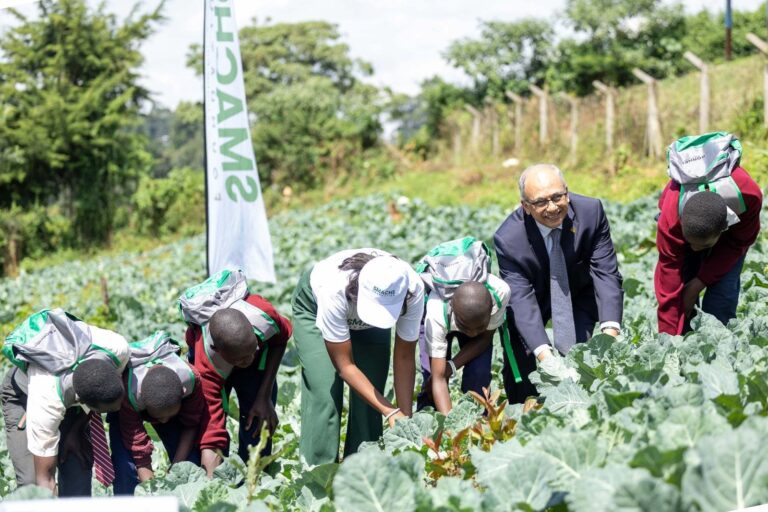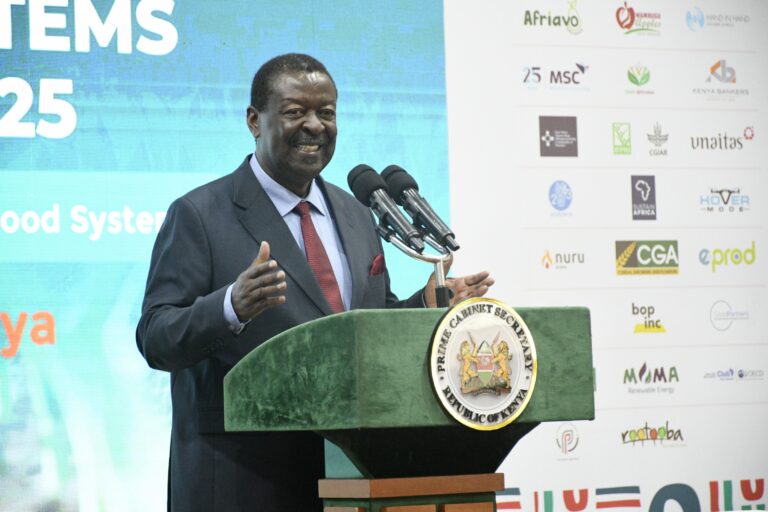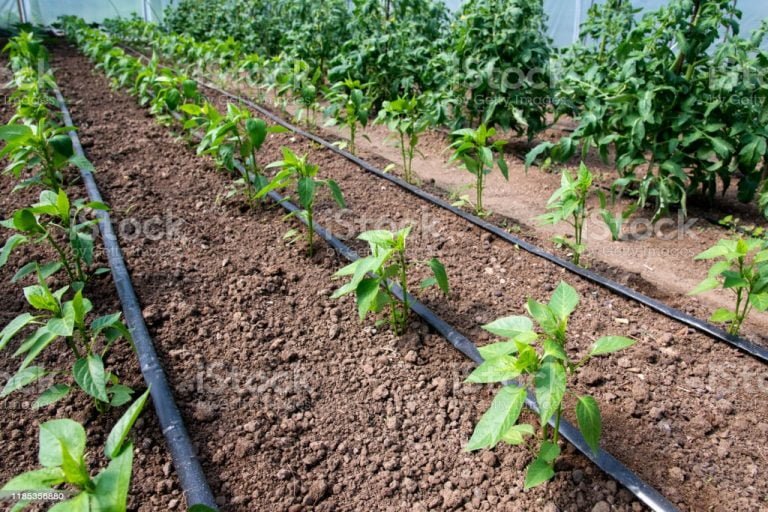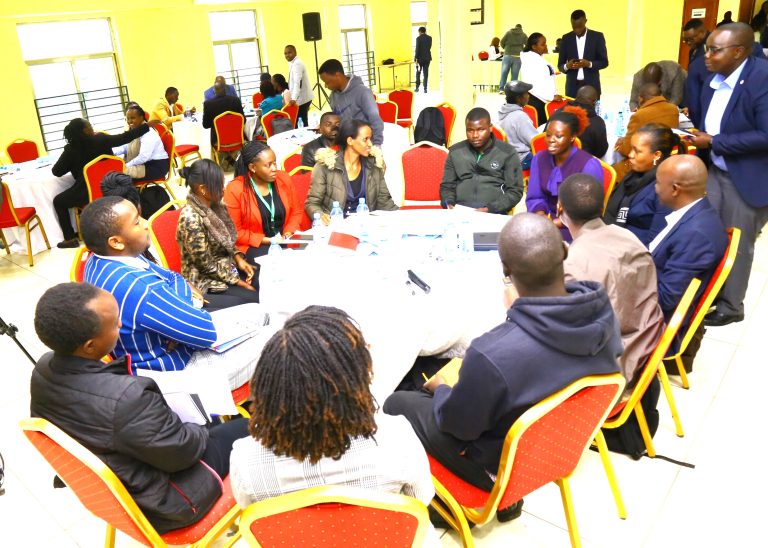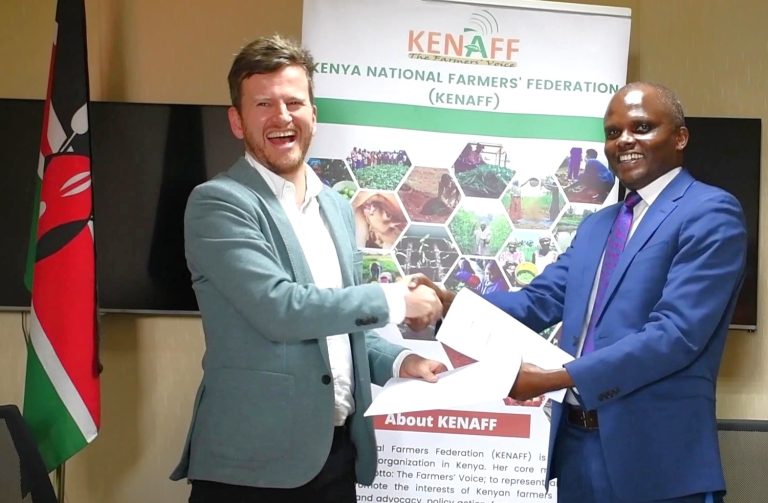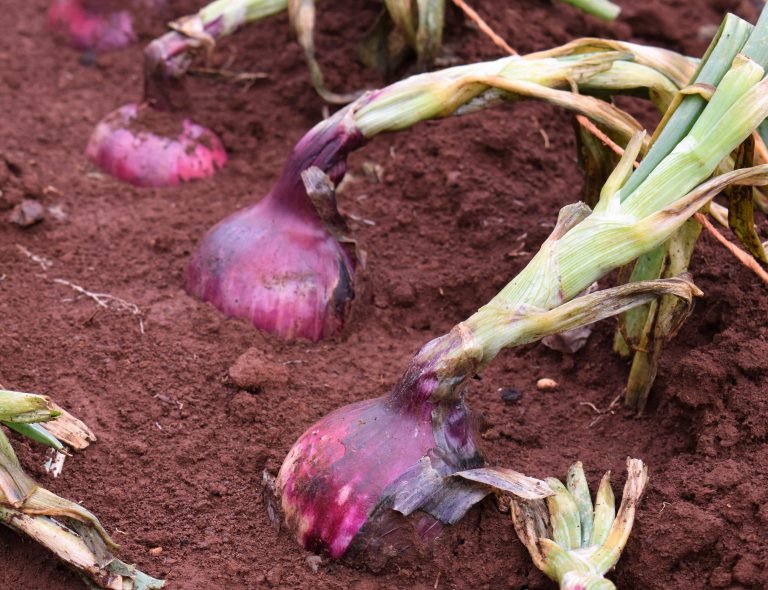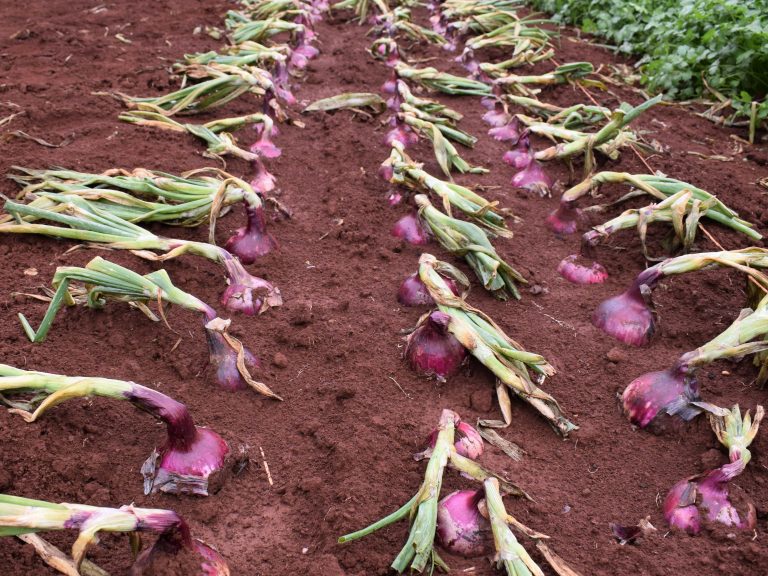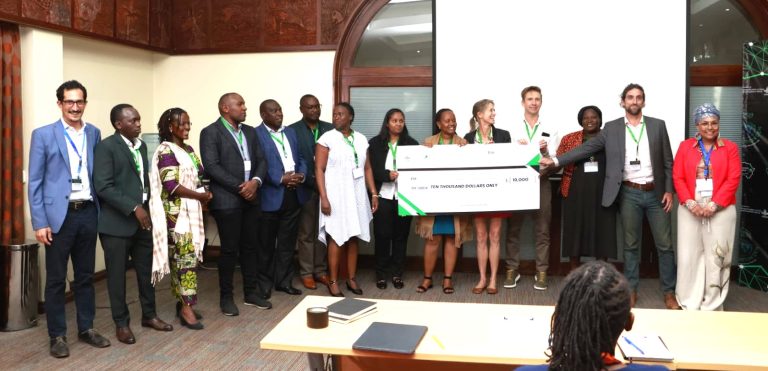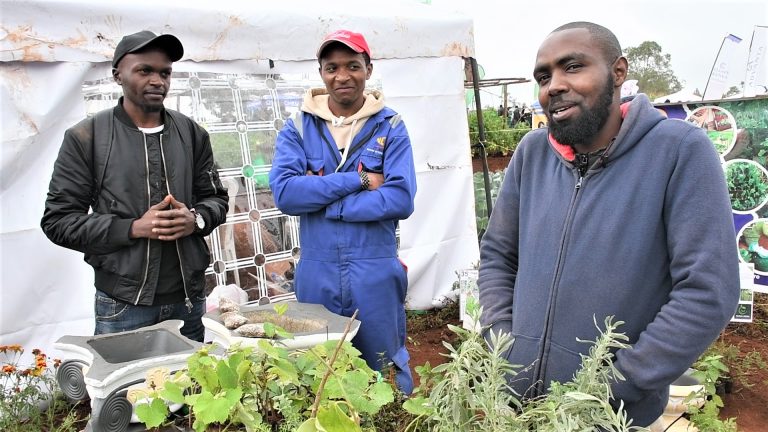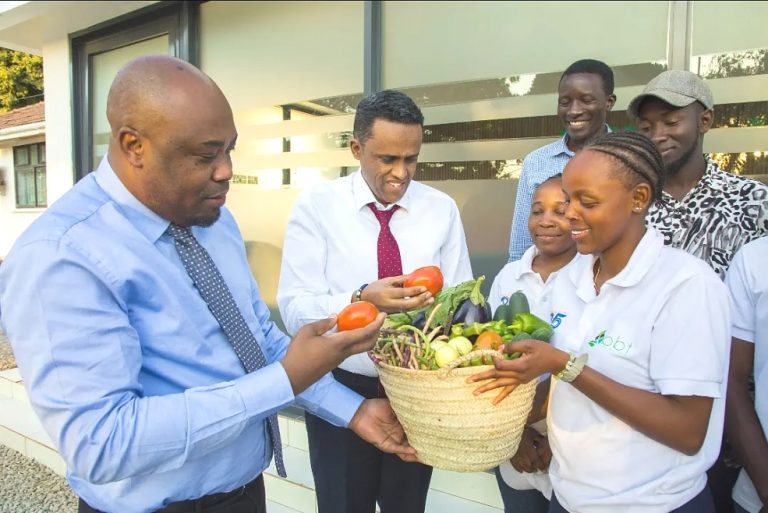He is young, a trained accountant and currently pursuing a Bachelor in Commerce, but he is also a potato farmer and certified potato seed producer. James Gachiri hails from Nyandarua County which is the top producer of potatoes in Kenya and naturally wanted to become a leading potato farmer as he grew up.
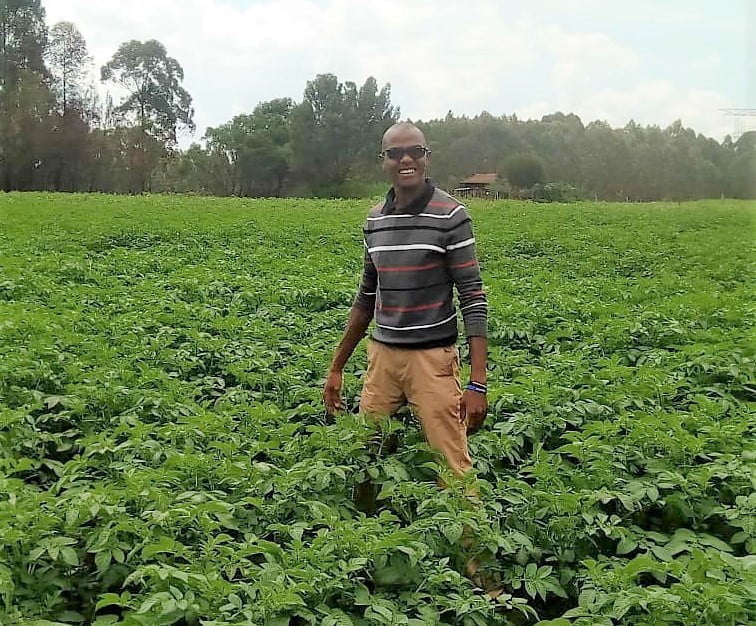
His passion for potato farming and having known the importance of certified potato seed led him to a more exciting though challenging venture. He wanted to be different in his potato farming and to increase production he wanted to plant certified potato seeds. He would soon realize getting the seeds was not easy as he thought.
“I went to Kenya Agricultural and Livestock Research Organization (KARLO), Agricultural Development Corporation (ADC) and other places but I didn’t find the seeds. I realize later there was a shortage,” says Gachiri. His search went on about five to six months and that is when it dawned on him that certified seed shortage was not temporary. He learnt from stakeholders that there were never enough certified seeds and going by the prices that were being quoted, he realized he could get better results in producing the seeds than normal potato farming.
He started researching on the topic and one thing that he was consistently told was that it was expensive to become a seed producer. Not one to give up, the 30-year-old farmer approached the National Potato Council of Kenya (NPCK) for advice.
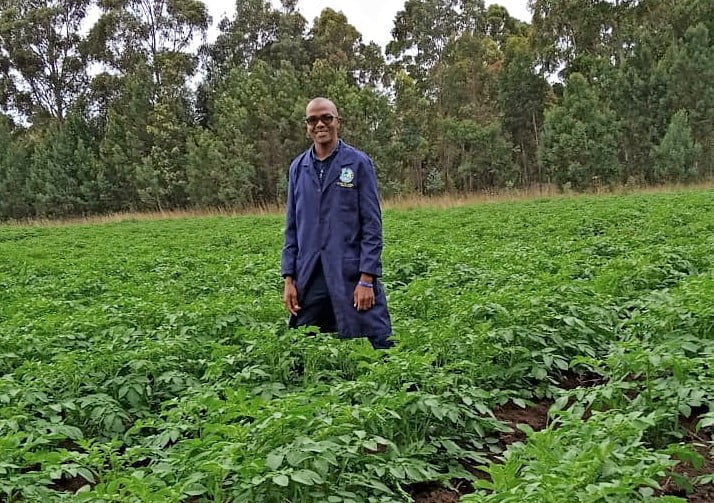
“NPCK supported me and through them, I learnt about apical root cutting. This is producing potato seedlings through tissue culture. They are then planted to generate tubers and I saw this at KARLO Tigoni Research Centre. Immediately I decided to take up the new method of producing seed potato before. Due to the interest I exhibited, they gave me 250 cuttings,” says Gachiri.
All seed producers are licensed by the Kenya Plant Health Inspectorate Service (KEPHIS) after meeting the required conditions to ensure the material produced is disease-free. “I started propagating Shangi a local variety and to be licensed by KEPHIS, KARLO connected them with me. They advised me of the conditions I had to meet to be licensed. They also tested my soil for free before I planted and I am grateful to them,” says Gachiri.
The 250 cuttings he was given gave him 2 bags of potato tubers each weighing 50 kilograms. He planted the tubers and harvested 22 bags. His journey as a seed producer had started and since then he has never looked back.

Gachiri realized that the youth from his his Kariamu Village in Kipipiri Constituency would also benefit from the new venture and he decided to approach them. They formed a group and planted 2,150 apical cuttings.
“It was not easy convincing them to invest in the new technology but after seeing the attention I had generated in my small farm they agreed. We raised some money from contributions and that is the one we used to lease a farm,” he opines.
Gachiri is currently celebrating as he was recently certified as a seed merchant by KEPHIS. He is now planning to go fully into commercial potato seed production. “I have leased 9 acres and I plan to produce seeds this season in phases as a lot of funds are required,” says Gachiri. He will mostly be propagating Shangi variety which he says is popular. Its advantages include early maturity, short dormancy, highly productive, fast cooking, multipurpose use (can be used for domestic consumption and processing into chips and crisps). But he will also produce seeds for other varieties like Unica, Wanjiku and Dutch Robijn.
His efforts also saw him awarded the Youth in Agribusiness Award 2019 by Kenya National Chamber of Commerce and Industry (KNCCI)
The young farmer is also grateful to various organizations which have offered mainly technical support to him. They include the International Potato Training Centre (IPTC), KARLO and KEPHIS. He also thanks The International Fertilizer Development Corporation (IFDC) who financed training for the group he formed with his village youth mates and the County Government of Nyandarua which gave them a water pump. The group is also currently expecting to harvest seeds which they say can be planted in 5 acres and each member will also get some seeds. They are 14 in number.
The seed merchant, however, cites several challenges in the venture. The biggest one according to him is getting land whose soil is clean from bacterial wilt. Financing the venture and getting starter materials are other challenges mentions.
Gachiri advises the youth to venture into see production as there is a lot of potentials. “Seed propagation is a process which requires a lot of persistence and it is not a one-day affair. The process of getting certification is a rigorous one but satisfying in the end. To the youth who don’t want to soil their hands in farming there are opportunities in mechanization and new technology,” says Gachiri.


